Welcome to Should I Eat This?—our weekly poll of five experts who answer nutrition questions that gnaw at you.
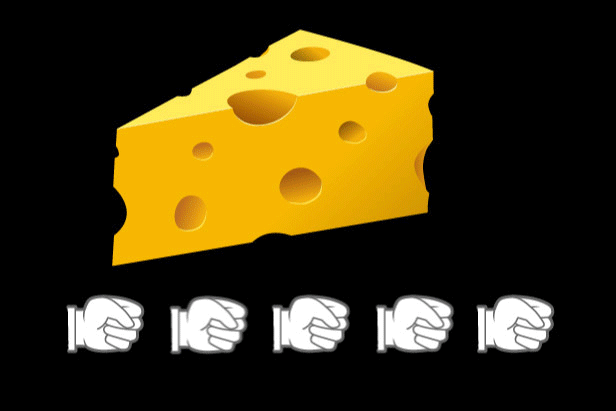
4/5 experts say yes.
Science types are a rational folk. But dangle a block of cheese in front of them and, nutrition be damned, taste comes first.
“Good bread, good cheese, and good wine? The best,” says Dr. David Katz, MD, director of the Yale University Prevention Research Center. “And frankly, pleasure is good for health.”
Meanwhile, Chuck Benbrook, research professor at Washington State University’s Center for Sustaining Agriculture and Natural Resources, also gives cheese the thumb’s up—but with a caveat. He’s the author of several studies about dairy, including one from 2013 that found organic dairy has 62% more healthy omega-3s than conventional milk, partly due to the cow’s diet of fresh grass. Now, he’s a convert. “Pasture grasses and legumes provide milk cows with the building blocks for health-promoting omega-3 fatty acids, as well as the rich, earthy flavor in grass-fed whole milk,” he says. And he only eats full-fat cheese (so there’s your scientific blessing to skip the skim stuff).
Speaking of fat, there might be something unique about the kind that comes from dairy. Recent research linked French Canadians’ dairy consumption to better metabolic health. The study author Iwona Rudkowska, a researcher at the CHU de Québec Research Center, points out that dairy contains a fatty acid has been shown to have health-promoting effects on metabolic health, including diabetes, she says.
QUIZ: Should You Eat This or That?


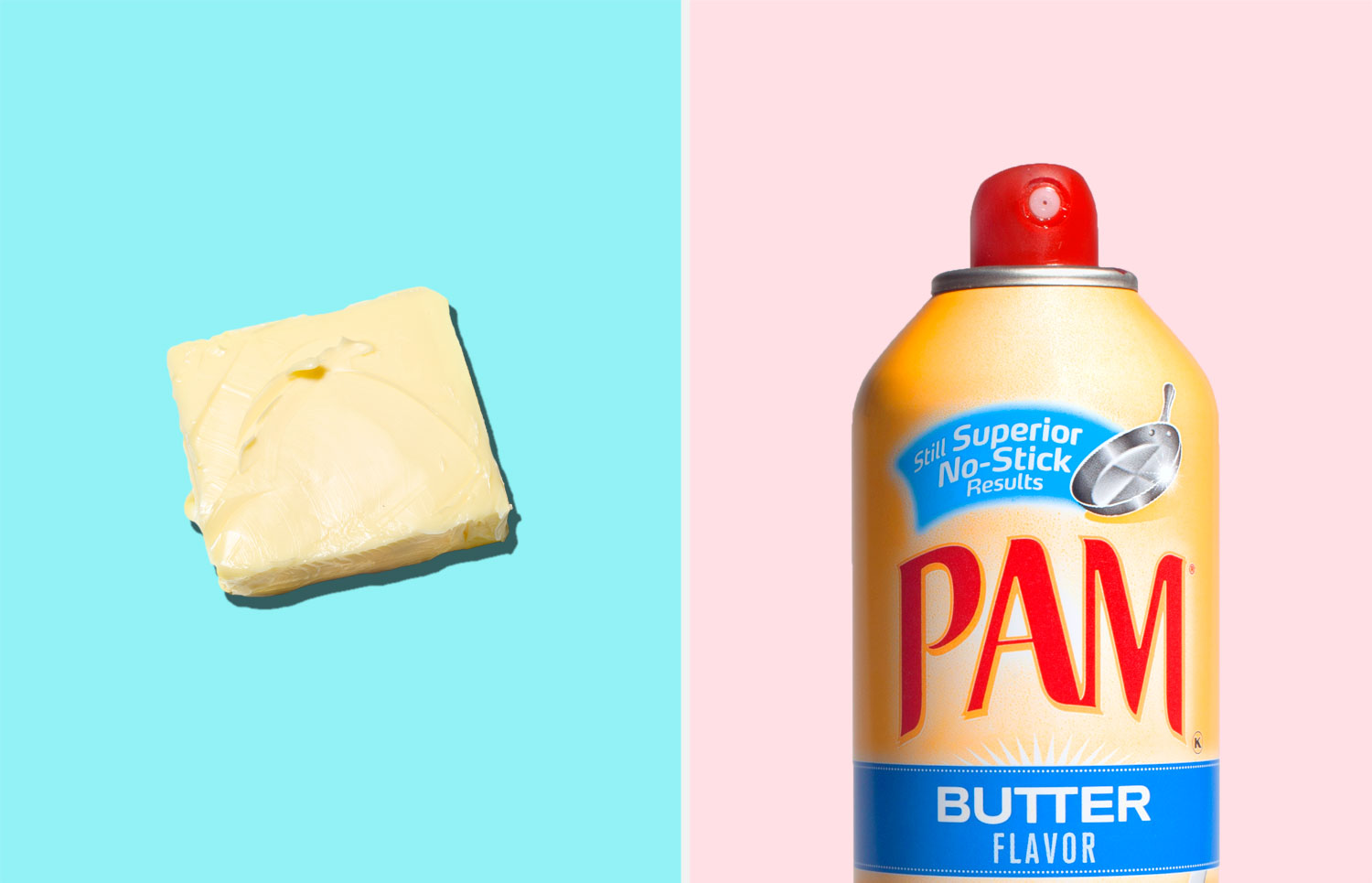
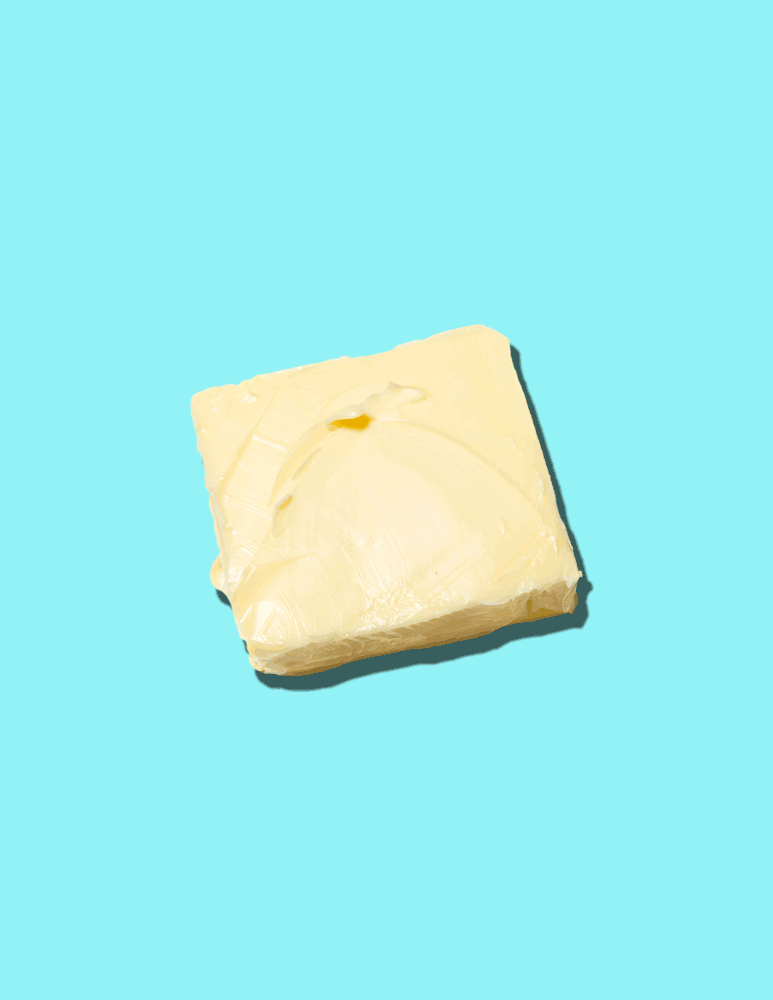
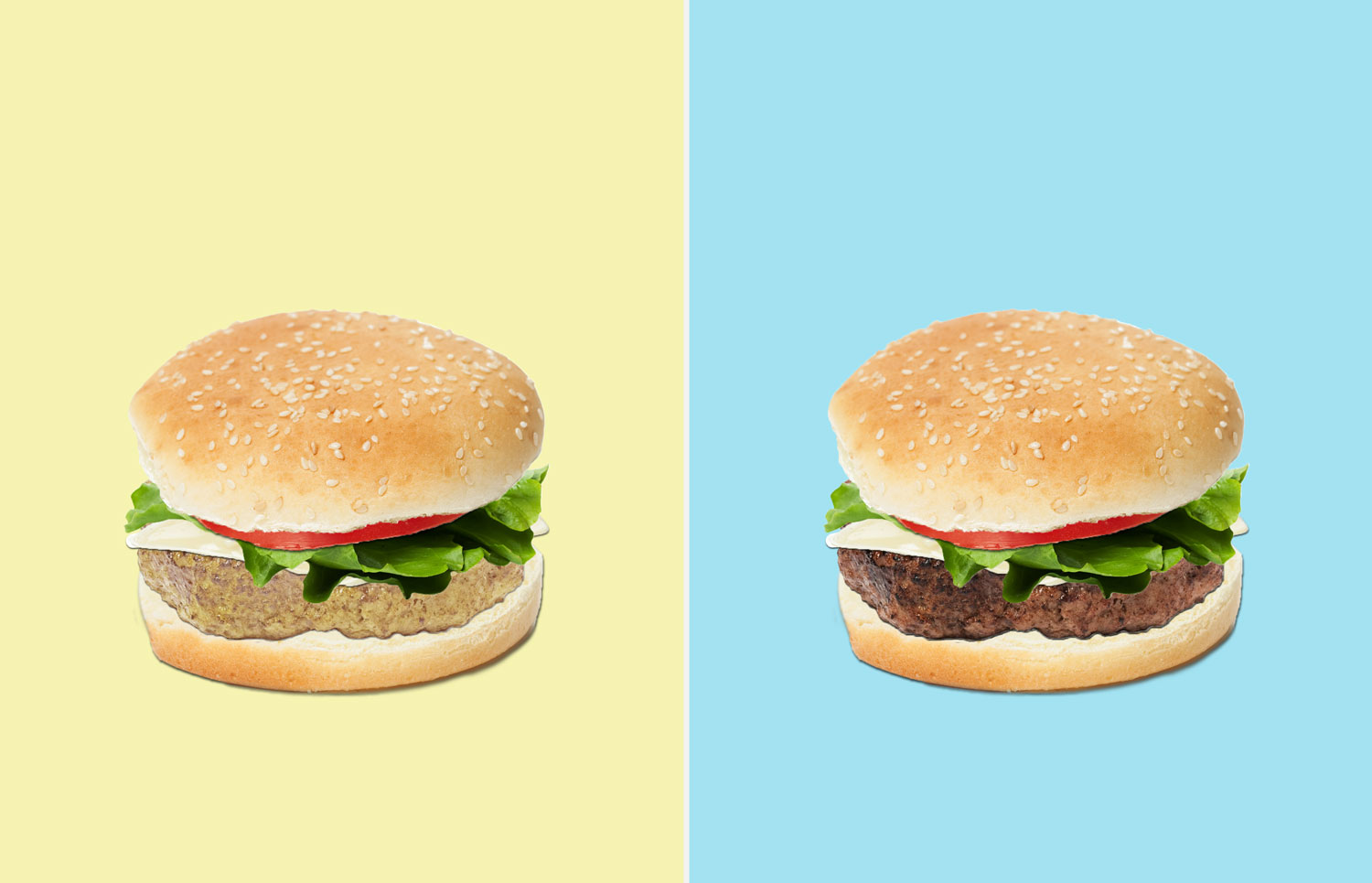
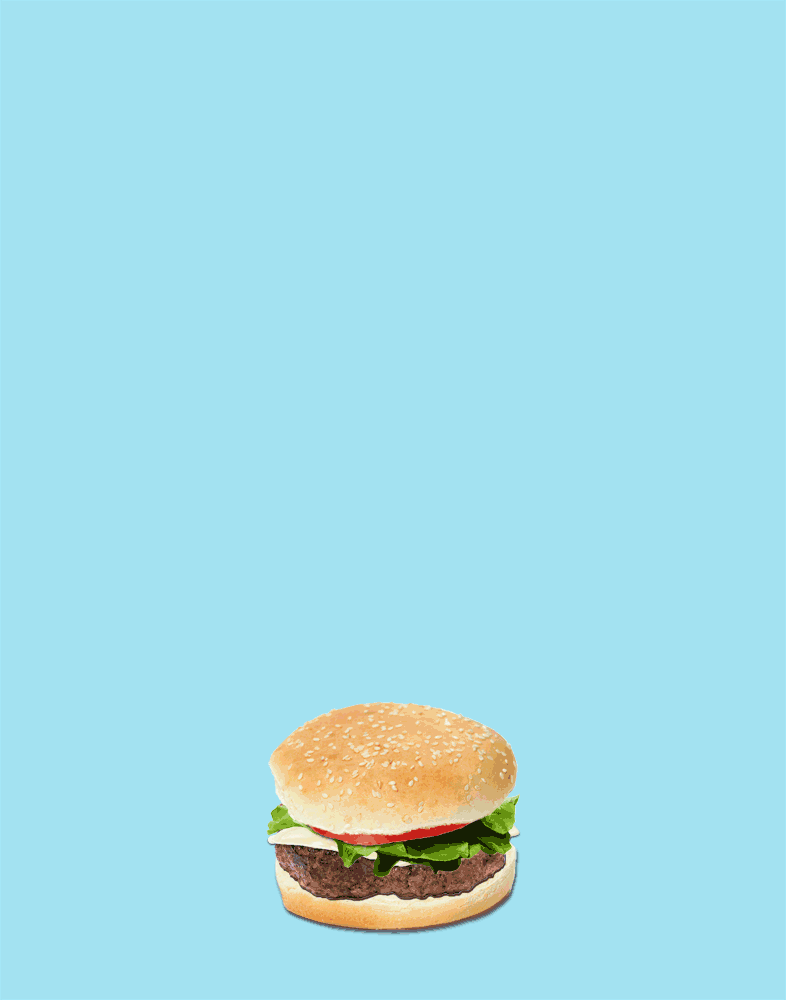
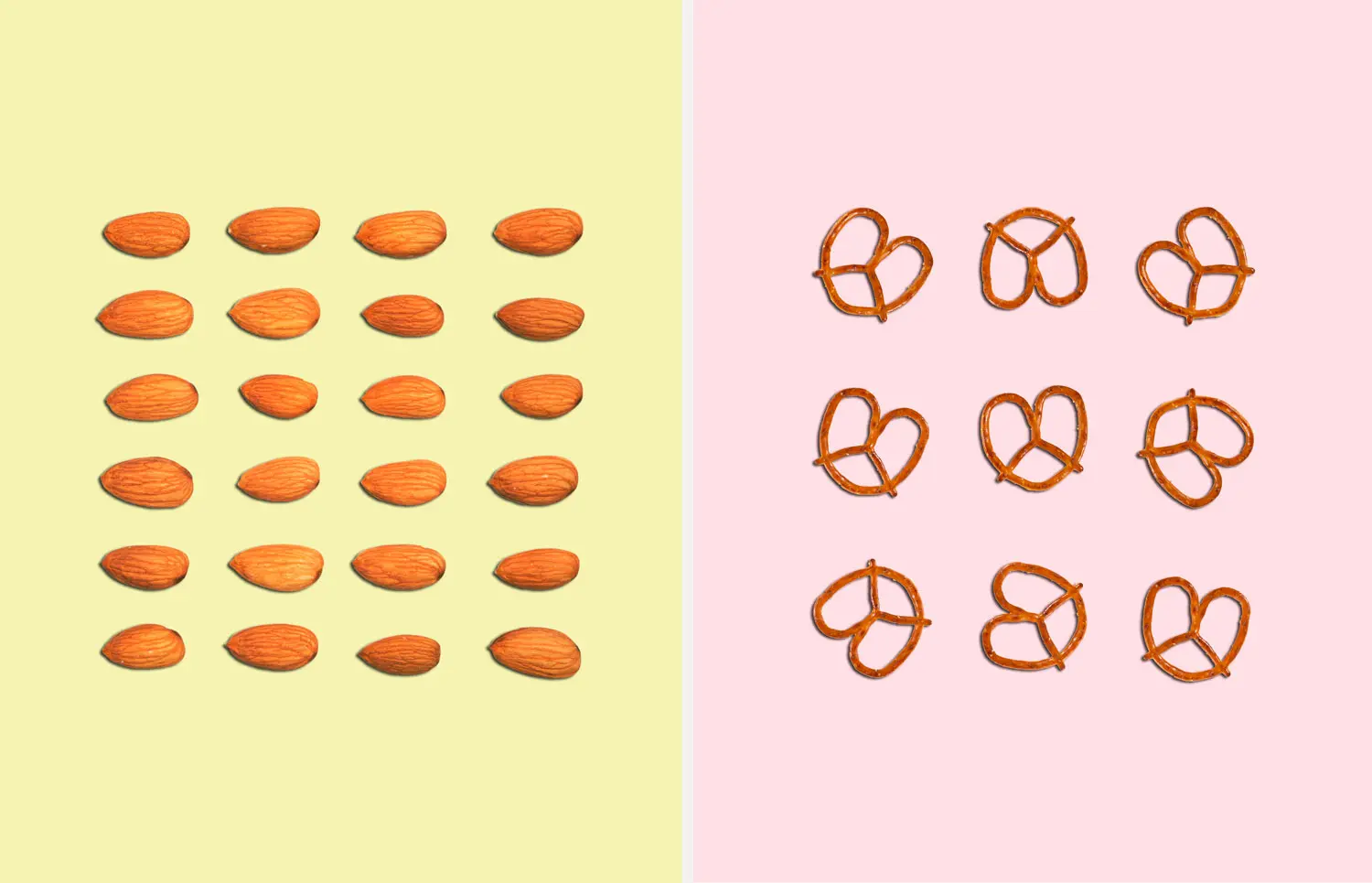
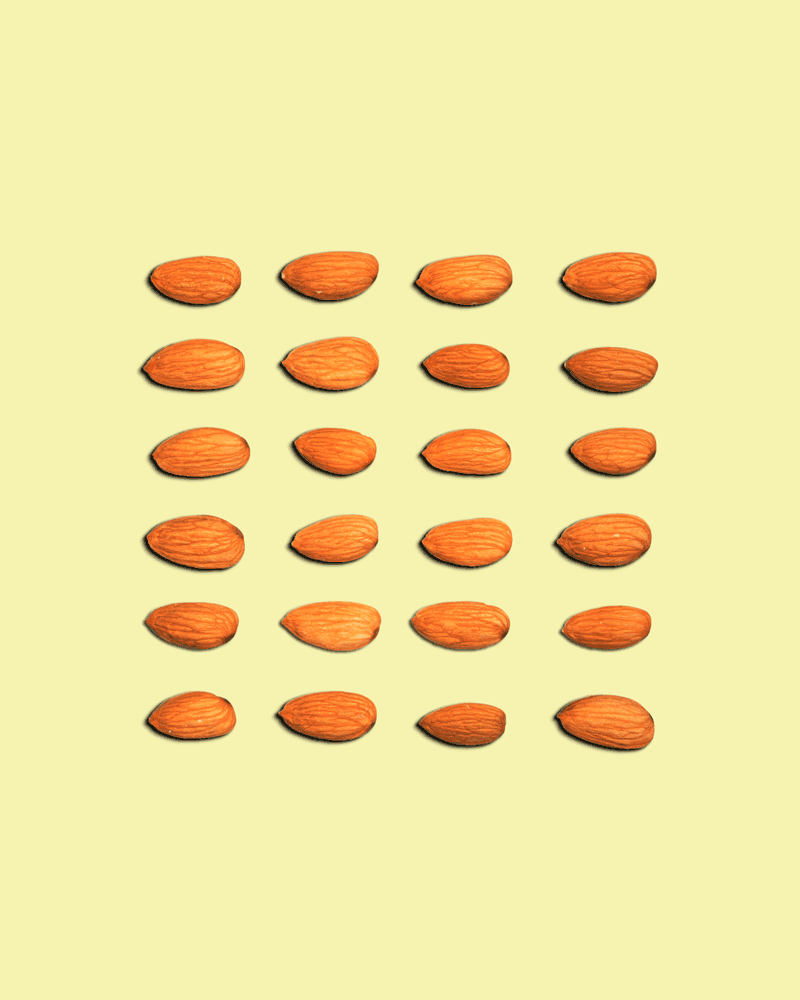
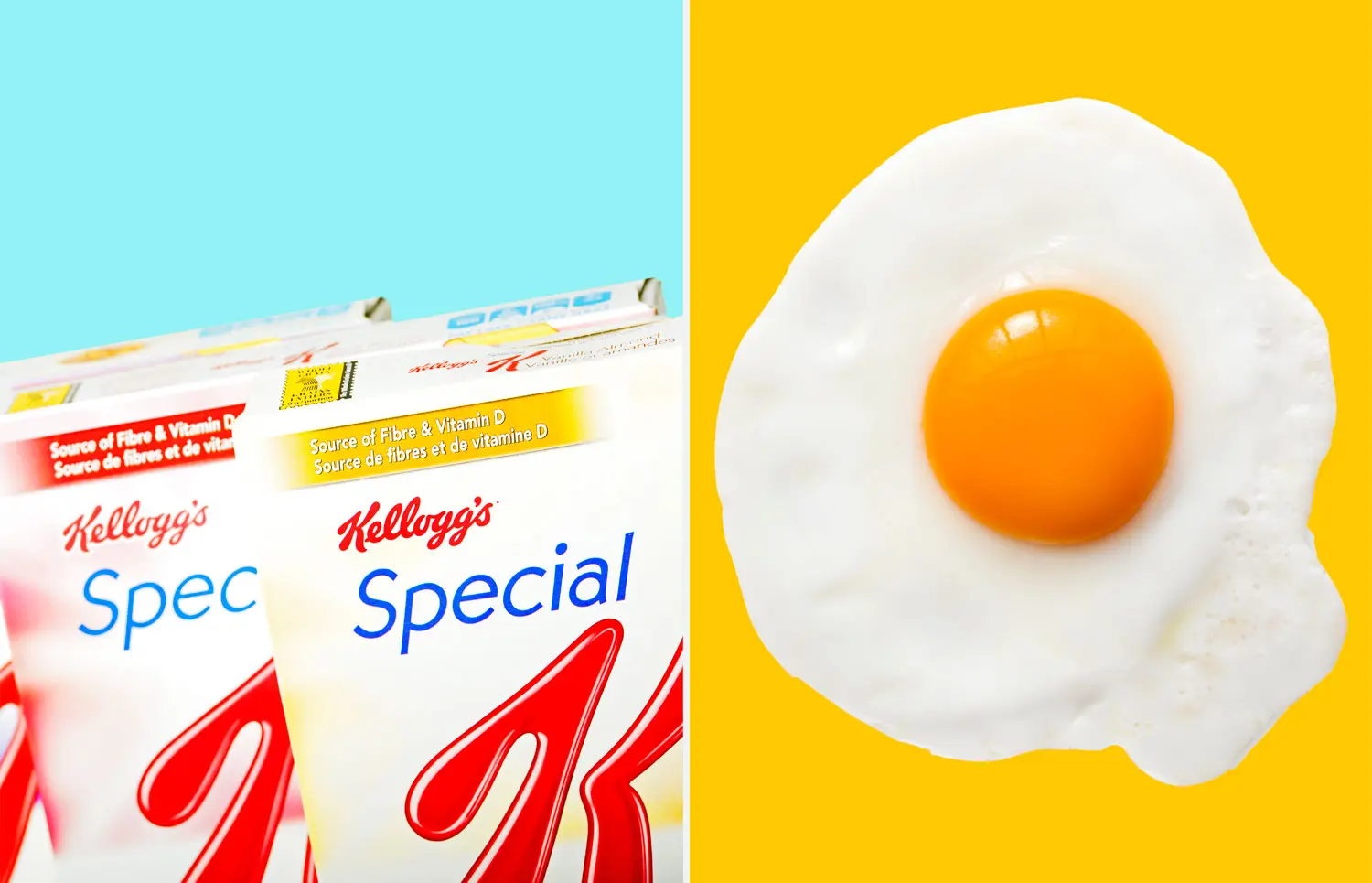
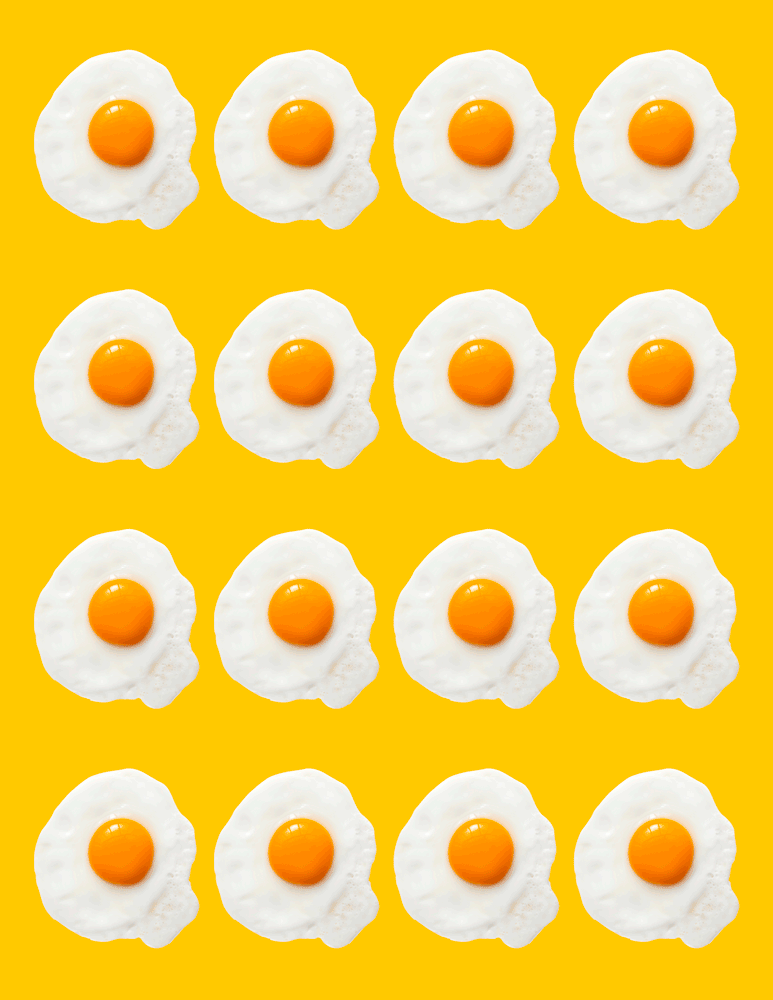
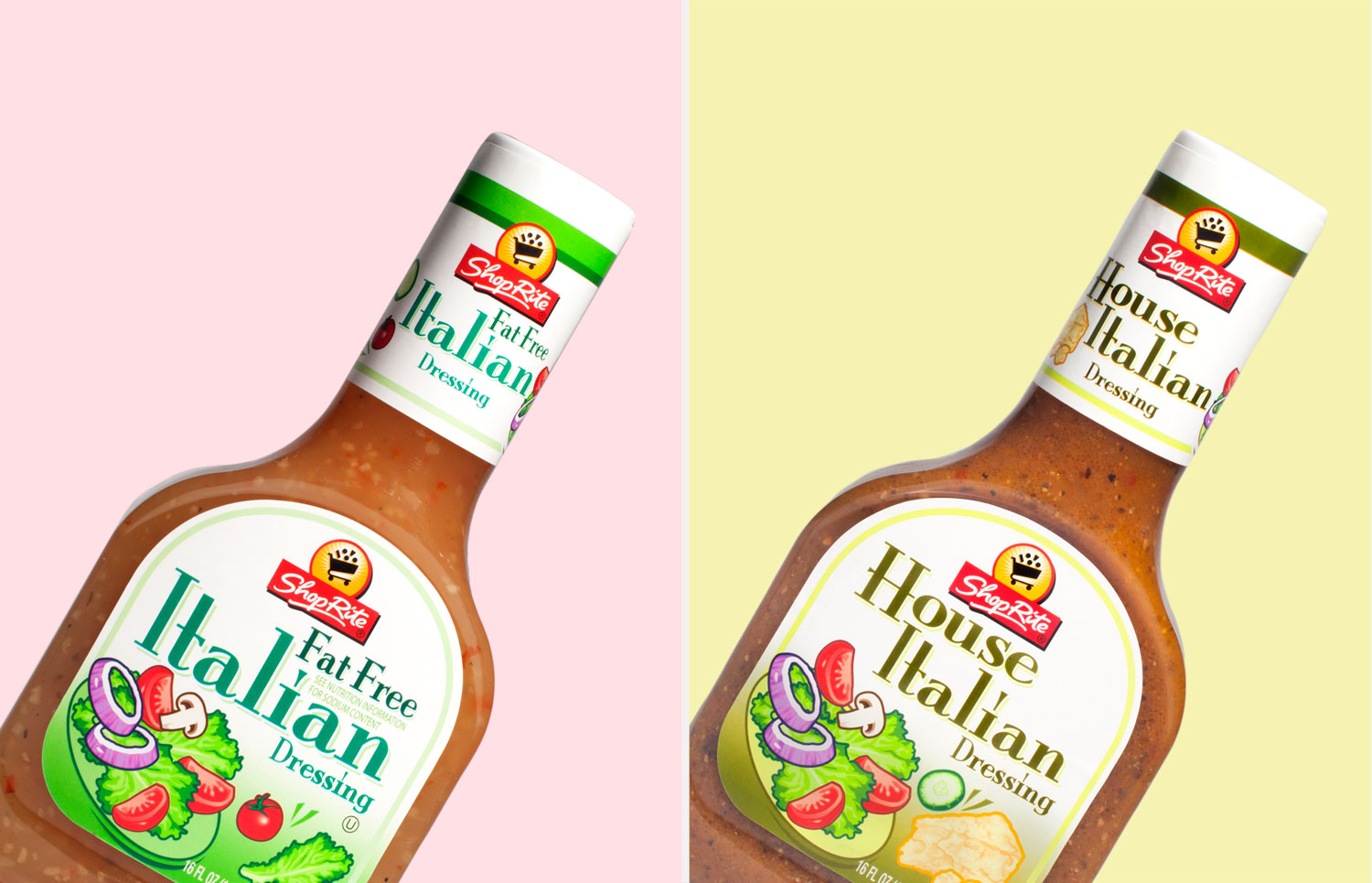
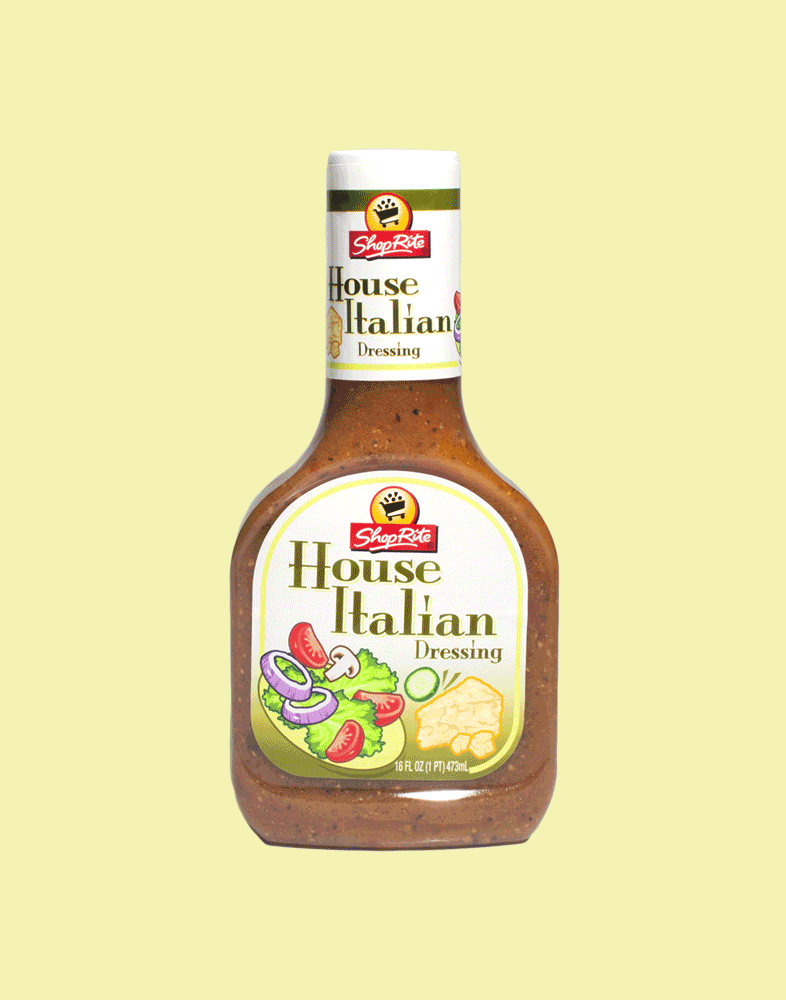
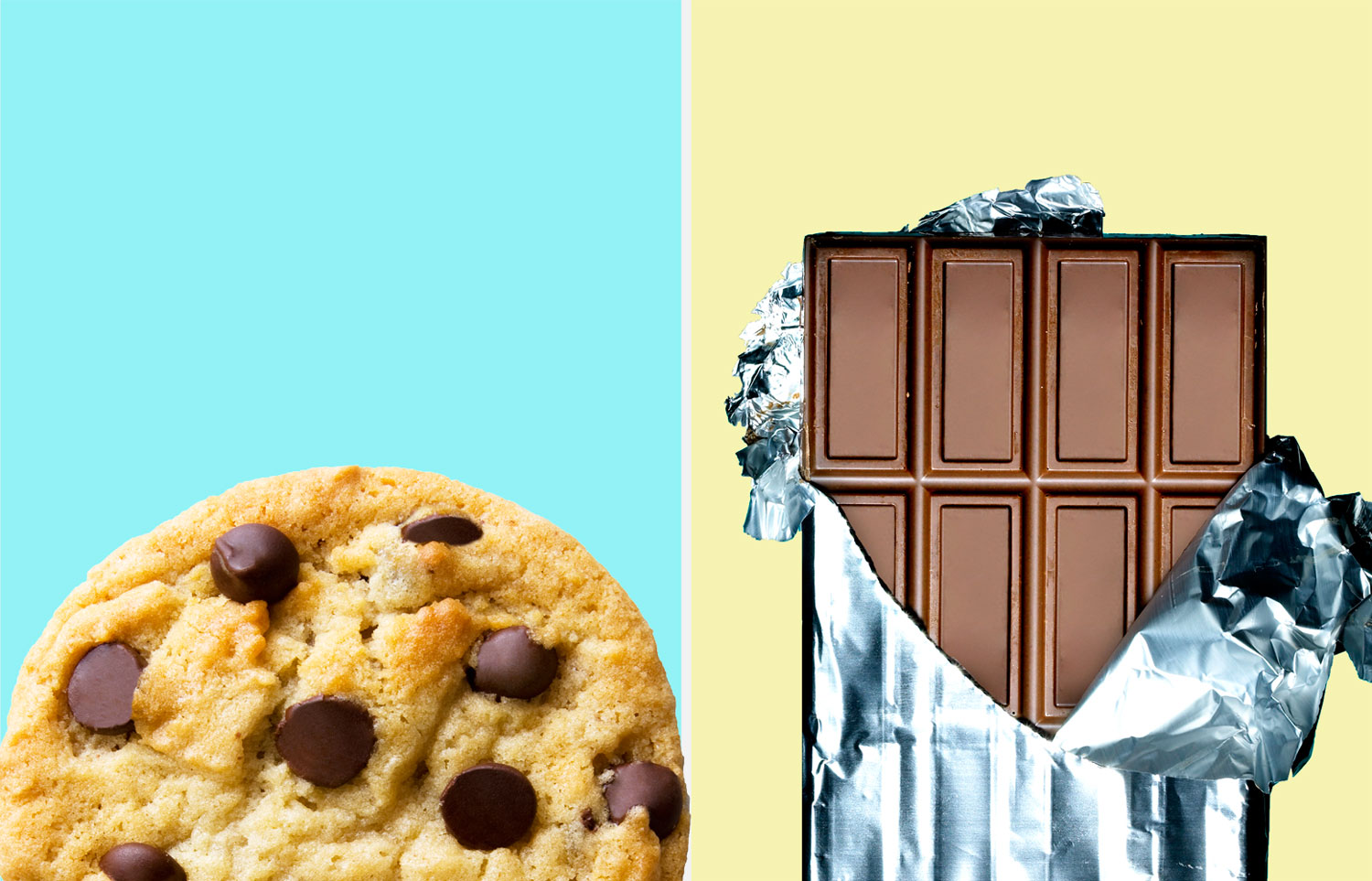
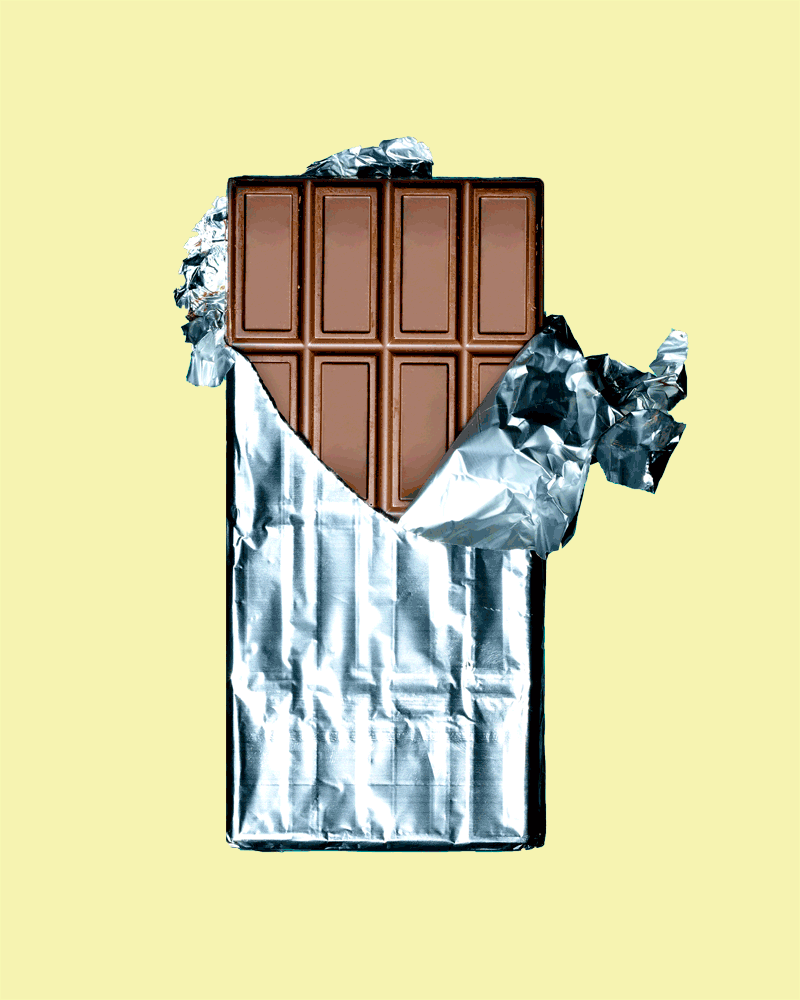
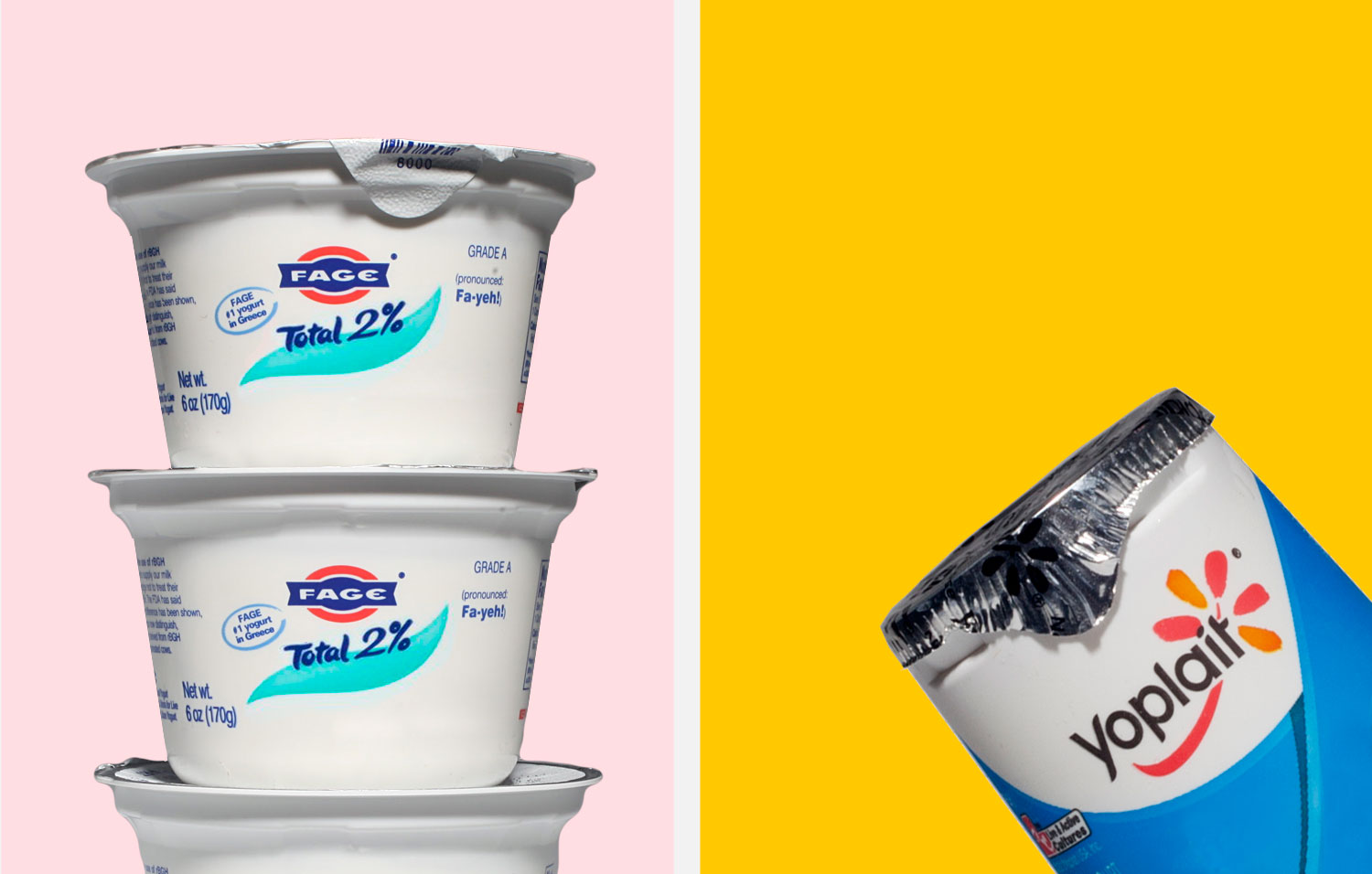
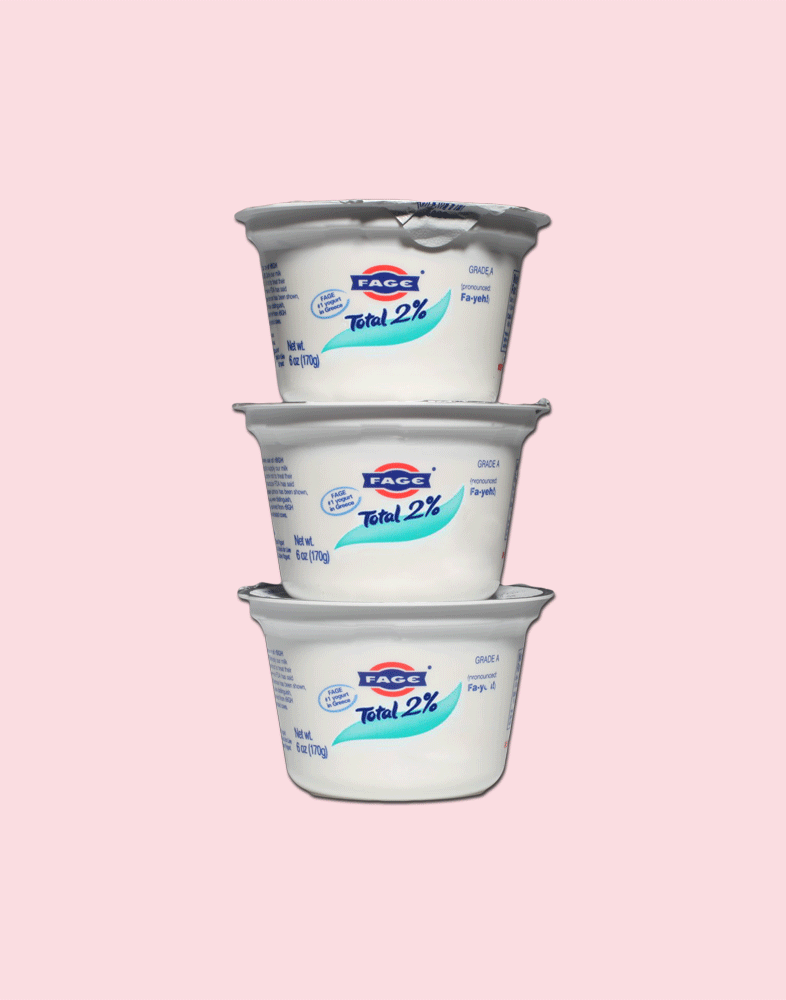
Cheese—well, the fat in cheese—even helps our bodies absorb more nutrients during digestion, says Sylvie Turgeon, researcher and professor in the food science department at Université Laval in Québec. (The Québecois, it seems, really love their fromage.)
But in the health department, cheese gets a demerit from Katz. “In addition to be highly concentrated in calories and saturated fat, cheese tends to be very high in sodium,” says Katz. “It’s a good protein source, but there are better ones that don’t have such baggage.”
Registered dietitian Lindsay Malone, from the Cleveland Clinic, agrees. “A better way to spice up your salad, sandwich or snack,” she says, is “nuts, nut butters or avocados.”
If the thought of a grilled-nut-butter-sandwich gets you down, don’t despair. You can—and probably should—eat cheese sparingly for its protein, calcium and vitamin D, Malone says. Two slices of Swiss pack 44% of your daily calcium and 15 grams of protein.
The results are clear: even nutrition buffs go weak in the knees for cheese.
Read next: Should I Eat Eggs?
More Must-Reads from TIME
- Why Trump’s Message Worked on Latino Men
- What Trump’s Win Could Mean for Housing
- The 100 Must-Read Books of 2024
- Sleep Doctors Share the 1 Tip That’s Changed Their Lives
- Column: Let’s Bring Back Romance
- What It’s Like to Have Long COVID As a Kid
- FX’s Say Nothing Is the Must-Watch Political Thriller of 2024
- Merle Bombardieri Is Helping People Make the Baby Decision
Write to Mandy Oaklander at mandy.oaklander@time.com